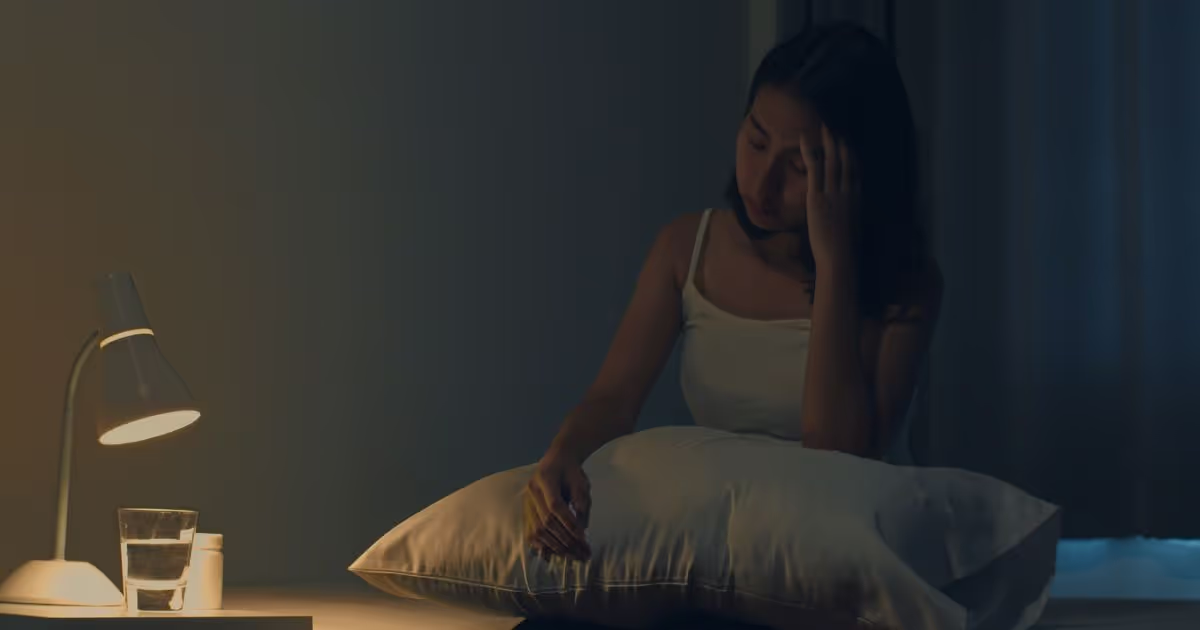Night Sweats: Feeling Hot? Having Nightmares? Or A Warning Sign
Many individuals have experienced night sweats, which can be attributable to various factors. While hot weather can lead to fitful sleep and sweating, night sweats refer to excessive sweating that is not related to hot weather or heavy blankets. These night sweats can signal underlying health conditions that warrant attention.
Potential causes of night sweats include:
Menopause
Menopause often causes nighttime hot flashes and is a common source of night sweats for women in this stage of life.
Infections
Tuberculosis and bacterial infections like pericarditis, infective endocarditis, osteomyelitis, and abscesses can lead to night sweats. HIV infection is another possible cause.
Cancer
Certain types of cancer, particularly lymph node cancer, can trigger night sweats, although a cancer diagnosis typically involves additional symptoms.
Hypoglycemia
Low blood sugar levels, common in diabetes patients taking insulin or diabetes medications, can result in nighttime sweating.
Hormonal Imbalances
Sweating may stem from hormone imbalances and conditions related to hormonal irregularities like pheochromocytoma, carcinoid tumors, and hyperthyroidism.
Medications
Some medications, including certain antidepressants, antipsychotics, and fever-reducing drugs like aspirin and acetaminophen, can induce night sweats in a percentage of patients.
Neurological Disorders
Rarely, neurological disorders such as autonomic dysreflexia, syringomyelia, and stroke can cause night sweats.
Unexplained Excessive Sweating
This condition involves chronic excessive sweating without an identifiable medical cause.
How to cope with night sweats?
To manage night sweats and improve sleep quality, consider the following measures in addition to addressing the underlying cause:
- Stay hydrated by drinking water regularly before bedtime.
- Use cooling pillowcases or bed sheets.
- Opt for light and loose-fitting pajamas.
- Engage in daily exercise suitable for your fitness level.
- Avoid heavy blankets that hinder easy position changes during sleep.
- Practice meditation or mindful breathing before bedtime.
- Cool your room with a fan or air conditioner.
- Steer clear of sweat-inducing foods or activities like alcohol, caffeine, spicy foods, smoking, and strenuous exercise before bedtime.
When to see a doctor
While night sweats are common, consult a doctor if you experience frequent night sweats that disrupt your sleep, especially if accompanied by symptoms like fever, weight loss, diarrhea, or other concerning signs, which may indicate more serious underlying conditions.








